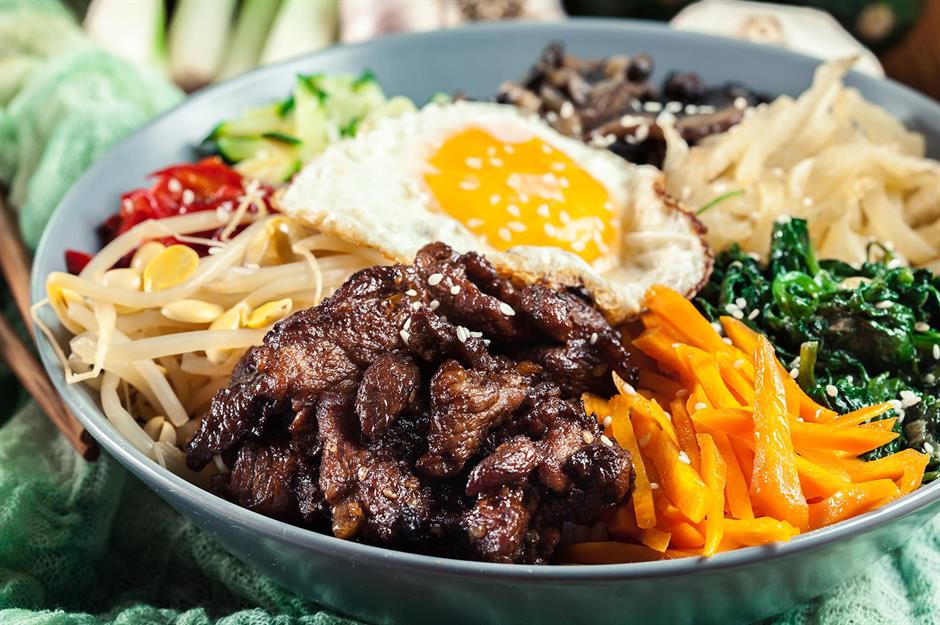Professor’s Tips: Nutrition for Combat Sports 
Nutrition is a crucial aspect of training and competing in combat sports. Athletes in combat sports require a well-balanced diet to support their intense training schedules, optimize performance, promote recovery, and maintain overall health. Here are some key principles and considerations for nutrition in combat sports:
- Adequate Caloric Intake: Combat athletes often have high energy demands due to their intense training sessions. Consuming enough calories is essential to fuel these workouts and support overall performance. Caloric needs will vary depending on factors such as weight, training intensity, and goals.
- Macronutrient Balance:
- Protein: Protein is essential for muscle repair and growth. Aim to include lean sources of protein such as chicken, turkey, fish, lean beef, eggs, dairy, legumes, and tofu (ughh) in every meal.
- Carbohydrates: Carbohydrates are the body’s primary source of fuel, especially during high-intensity exercise. Opt for complex carbohydrates like whole grains, fruits, vegetables, and legumes to provide sustained energy.
- Fats: Healthy fats are important for hormone production and overall health. Include sources of unsaturated fats such as nuts, seeds, avocados, and olive oil in your diet.
- Hydration: Proper hydration is essential for performance and recovery. Drink water regularly throughout the day and during training sessions to maintain hydration levels. Electrolyte-rich beverages can be beneficial, especially during intense workouts or when training in hot environments. Choose Alkaline water when possible.
- Meal Timing and Composition:
- Pre-Workout: Consume a balanced meal containing carbohydrates and protein 2-3 hours before training to provide sustained energy. A small snack containing carbohydrates and a moderate amount of protein can be consumed 30-60 minutes before training if needed.
- Post-Workout: Consume a meal or snack containing carbohydrates and protein within 30-60 minutes after training to support muscle recovery and glycogen replenishment.
- Nutrient Timing: Distribute your protein intake evenly throughout the day to support muscle protein synthesis. Aim to include protein in each meal and snack.
- Weight Management: For athletes who compete in weight-class sports, proper weight management is essential. Work with a qualified nutritionist or dietitian to develop a nutrition plan that helps you reach your weight goals while maintaining performance and health.
- Supplementation: While a well-balanced diet should provide most of the nutrients combat athletes need, certain supplements may be beneficial, such as protein powder, creatine, and branched-chain amino acids (BCAAs). However, always consult with a healthcare professional before adding supplements to your regimen.
- Recovery Nutrition: Adequate nutrition is crucial for recovery between training sessions. Include protein and carbohydrates in your post-workout meal or snack to support muscle repair and glycogen replenishment.
- Individualization: Nutrition needs can vary greatly among athletes based on factors such as age, weight, gender, training volume, and individual goals. Tailor your nutrition plan to meet your specific needs and consult with a registered dietitian or sports nutritionist for personalized guidance.
By prioritizing proper nutrition, combat athletes can optimize their performance, support recovery, and maintain overall health, helping them excel in their sport.
“Pictures Designed by Freepik”

